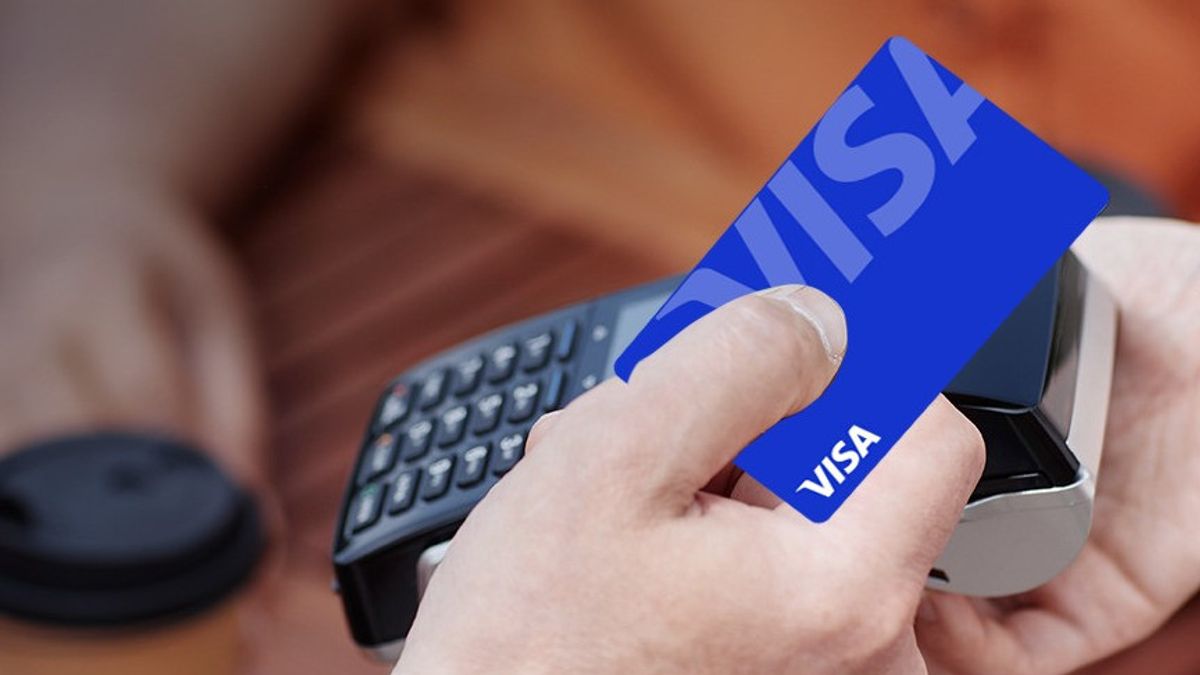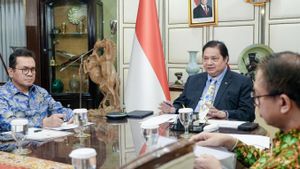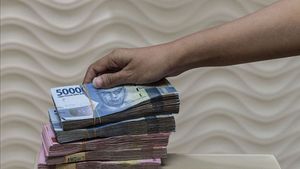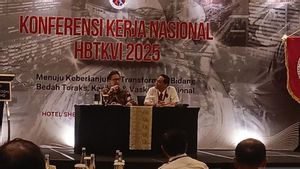JAKARTA - Visa, a global leader in digital payments, actively supports Southeast Asia's journey to non-cash communities. Along with the increasing use of digital/e-wallet wallets in the region, Visa added options for consumers by allowing cardholders to use their cards directly at various merchants or through e-wallets such as DANA in Indonesia.
Vira Widiyasari, Country Manager of Visa Indonesia, said Visa research found that in Indonesia, 92 percent of respondents surveyed had used their e-wallet in the last 12 months.
"Our partnership with e-wallet in Indonesia allows Visa card holders to pay through their e-wallet with card fund sources published in Indonesia, in line with the increasing choice of non-cash transactions in Indonesia. This partnership provides consumers with more choices and supports small businesses by increasing their ability to accept payments, along with the widespread use of digital payment methods such as cards and e-wallets. At Visa, we are committed to expanding access to various smooth and secure digital payment options, which in turn encourage financial and digital inclusion," he said, in a written statement, Tuesday, August 27.
In Indonesia, Visa cardholders can store their credentials in the DANA wallet and use them as a source of e-wallet funds when paying via QRIS at their preferred merchants.
Vince Iswara, CEO & Co-Founder of DANA Indonesia, welcomes partnerships with various parties in the digital economy ecosystem, including Visa, which aims to improve the experience of user-non-cash transactions.
"This partnership is also in line with our commitment, which is to become a bridge for the digital economy ecosystem, to open as wide as possible access to digital finance for all Indonesian people, and create a financially healthy non-cash Indonesian society," said Vince.
In Southeast Asia, Visa has also entered into partnerships with Vietnam's MoMo, VNPAY, and ZaloPay, as well as Maya and GrabPay in the Philippines to provide easy and convenient e-wallet funding options. This is in line with the latest Consumer Payment Attitudes study from Visa which shows that more than a quarter of the fund/top-up charging into e-wallets occurs through bank accounts or credit and debit cards. This collaboration will simplify transactions, where customers no longer need to enter data on their sources repeatedly into their e-wallets.
Visa's previous research also supports this trend, in which it can be seen that during the first half of 2023, one in three respondents applied for a new card, with 43 percent motivated by the desire to integrate these cards into e-wallets. This highlights the ever-increasing convergence and coexistence between cards and e-wallets.
SEE ALSO:
Although most payments are made from existing e-wallet balances, Visa's latest Green Shoots Radar survey found that 29 percent of consumers in Indonesia, 24 percent in the Philippines, and 39 percent in Vietnam use their card as a source of e-wallet funding. Respondents said that the convenience, ability to track expenses, convenience, and security were the main factors that made them choose to fill their e-wallet balance using a card.
Poojyata Khattar, Head of Products and Solutions, Southeast Asia, Visa said, innovation and strategic alliances are critical to advancing the payment system. Visa expands its choice of consumers by partnering with a number of leading e-wallets in the region, to allow consumers to choose from where their e-wallet funding comes from, including through Visa cards.
"By collaborating with a number of e-wallets in Southeast Asia, Visa is ready to revolutionize payment methods, creating a future of payment industries focused on comfort, reliability and security," he explained.
Along with the development of card and e-wallet integration in Southeast Asia, Visa empowers individuals and businesses by providing access and encouraging a more open and inclusive economy.
The English, Chinese, Japanese, Arabic, and French versions are automatically generated by the AI. So there may still be inaccuracies in translating, please always see Indonesian as our main language. (system supported by DigitalSiber.id)
















